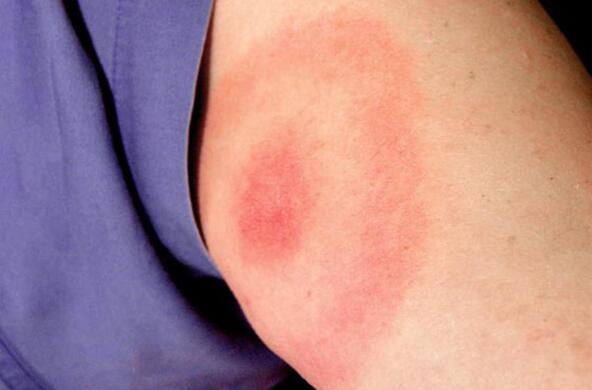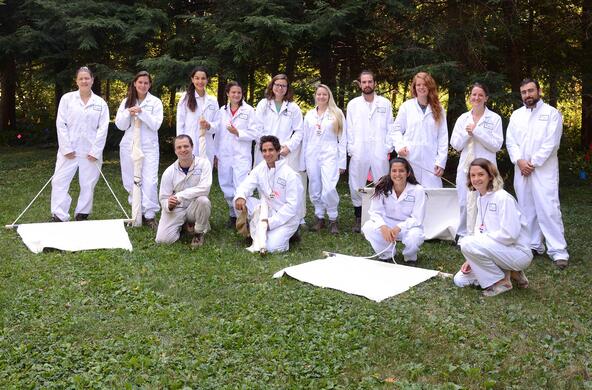In May, Albany Public Television’s Innovation Trail reporter Jenna Flanagan investigated the lesser known health threats transmitted by the common deer tick. Flanagan joins Jack Ford on MetroFocus to update the findings.
“What they found at the Cary Institute of Ecosystem Studies is that while Lyme disease is usually found along coastal areas, say the mid-Hudson valley, definitely Long Island, and parts of the Jersey shore, people are now reporting tick bites further and further north into the Capital region, and even some people in the Adirondacks,” she said.
According to Flanagan, it is not clear why the bites are being reported so far north but there is speculation that warming temperatures are encouraging the white footed mouse to move north and they are either carrying ticks with them or infecting new ones.
Researchers at the Cary Institute are also finding that ticks are twice as likely to be infected with two or more pathogens, exposing bite victims to multiple diseases from one bite.
When bitten by a tick, it is recommended that the person get tested for Lyme disease antibodies by their physician. However, some medical experts say the Lyme test is not thorough enough and only tests for one specific type of the disease. Doctor Richard Horowitz of the Hudson Valley Healing Arts Center says the current Lyme test can and often does miss other tick borne diseases like babesiosis, anaplasmosis or even powassan that can require different or longer treatments than Lyme disease.
Flanagan also shared tips on removing ticks and submitting the specimen for testing. To help determine exactly what a person has been exposed to, the biology department at the University of Massachusetts at Amherst is collecting ticks that have bitten people to study what other tick borne illnesses the insect may have been carrying.
“Make sure that you remove the entire tick from your skin, and make sure that the head and the mouth are included,” Flanagan advised. “Now, some people say tweezers, if you gently pull you can get it out. Other people say because the teeth are barbed, you want to gently twist it and pull it out.”
For a $50 fee, researchers at the Amherst campus request that anyone wishing to have a tick tested first carefully remove the entire tick, including the head, from their skin and place the bug into a sealed plastic bag. The bag can then be mailed to the university research department where is will be ground up and tested for potential pathogens it may be carrying. That information will then be mailed back to the individual. University of Massachusetts researchers say this study is to simply collect information and not to influence medical policy.
New York State Department of Health officials say while there is a risk to exposure of multiple tick-borne illnesses resulting from a single bite, it is still extremely rare for an individual to contract more than one disease.







